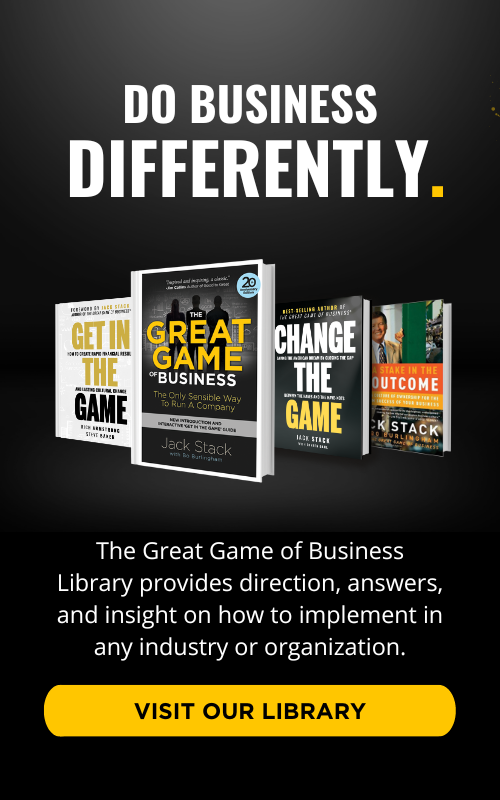Running a small business has never been simple, but in 2025, it’s more complex than ever. Between shifting markets, tighter budgets, and constant pressure to grow without burning out, many small business owners are asking the right question:
Read More
If you're running a small business, the word “growth” is probably always on your mind. You're juggling a million things, wearing multiple hats, and constantly looking for that edge, that strategy, and a playbook to take you to the next level. You've got passion, grit, and a great idea, but sometimes, translating that into consistent, sustainable small business growth feels like trying to solve a never-ending puzzle.
Read More
Many companies beginning their GGOB journey ask, How often should your team Huddle? What does a Huddle look like? Those just starting out with the Great Game process often fear that these Huddles will be “too time consuming” or “just another meeting.” The truth is that Huddles, when done well, will actually save you time because they improve communication and the execution of tasks. Here, we've broken down each type of Huddle:
Read More
“Engagement” has become such a huge buzzword in our society that some CEOs and managers no longer even want to talk about it! But don’t be fooled—this topic isn’t going anywhere. With research organization Gallup reporting that a staggering 87% of employees worldwide are not engaged in the workplace… we have our work cut out for us.
Read More
Top Six Great Game No-Nos: What NOT to do if you (really) want to play The Game During the time that we’ve been helping others implement The Great Game of Business, we’ve seen the ups and downs and are often surprised by the number of people who are “fair-weather Great Gamers”, meaning they have passion and intent to play The Great Game of Business®, but are missing the mark in one or more areas. Here are the top six (because five just wasn’t enough) Great Game No-nos:
Read More
Inspired to diversify their employee-owned business, Malco Products has revived an abandoned factory and its iconic brand from the bottom up. The U.S. has been bleeding manufacturing jobs for decades. Back in 1980, for example, more than one-third of men with a high school degree worked in the manufacturing sector . But those numbers soon began a rapid decline fueled by a combination of factors ranging from the rise in automation and rising competition with nations like China to an increase in the so-called “skills gap” that left many manufacturing jobs unfilled due to a lack of workers qualified to fill those openings. That’s why, today, manufacturing jobs make up about 8% of total employment , according to the Bureau of Labor Statistics.
Read More
It’s become apparent that we celebrated the end of the pandemic a little early. Believe me, I was one of the first people who couldn’t wait to rip my mask off. I hate wearing them. You can imagine the sense of relief I felt when I finally got my second shot. Then, as the COVID numbers dropped, and dropped some more, we could finally take our masks off. It seemed like we had really turned the corner on this thing.
Read More
Most companies these days are struggling to find enough people to chase all the opportunities in front of them. SRC, the birthplace of the Great Game of Business®, is no exception. Jack Stack, CEO of SRC Holdings, understands that if SRC is going to be successful in the long run, it needs to become a better competitor in the “War for Talent.” One way to do so is for SRC to leverage The Great Game of Business methodology to create a line of sight where everyone inside the organization is focused on that goal. By making people their Critical Number, this is no longer just a problem for the human resource department to overcome: it becomes the focus for the entire company.
Read More
Originally published in AEPNow on Monday, January 4, 2021 A Shreveport line mechanic installs new equipment on a pole near Line Avenue. Shreveport construction crews are completing capital projects at a faster pace than ever before thanks to a strategy that helps them understand the financial impact of their work. This year, the Shreveport District initiated a weekly schedule of pole replacements and other projects to build long-term assets.
Read More

.png)



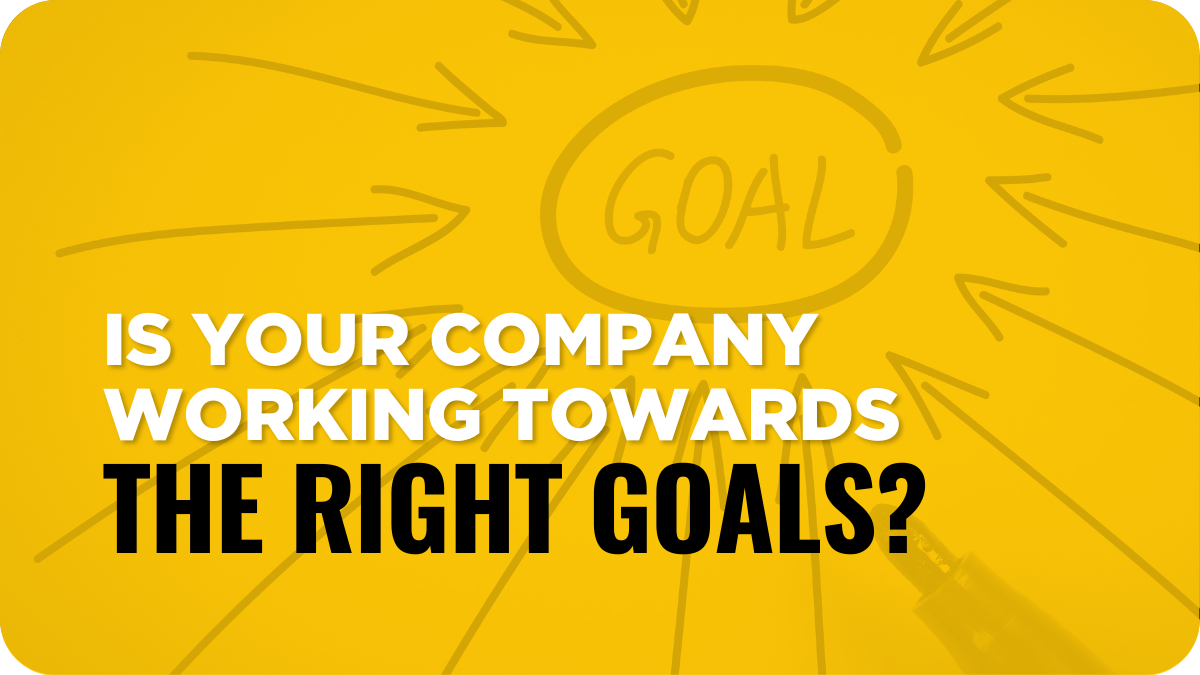

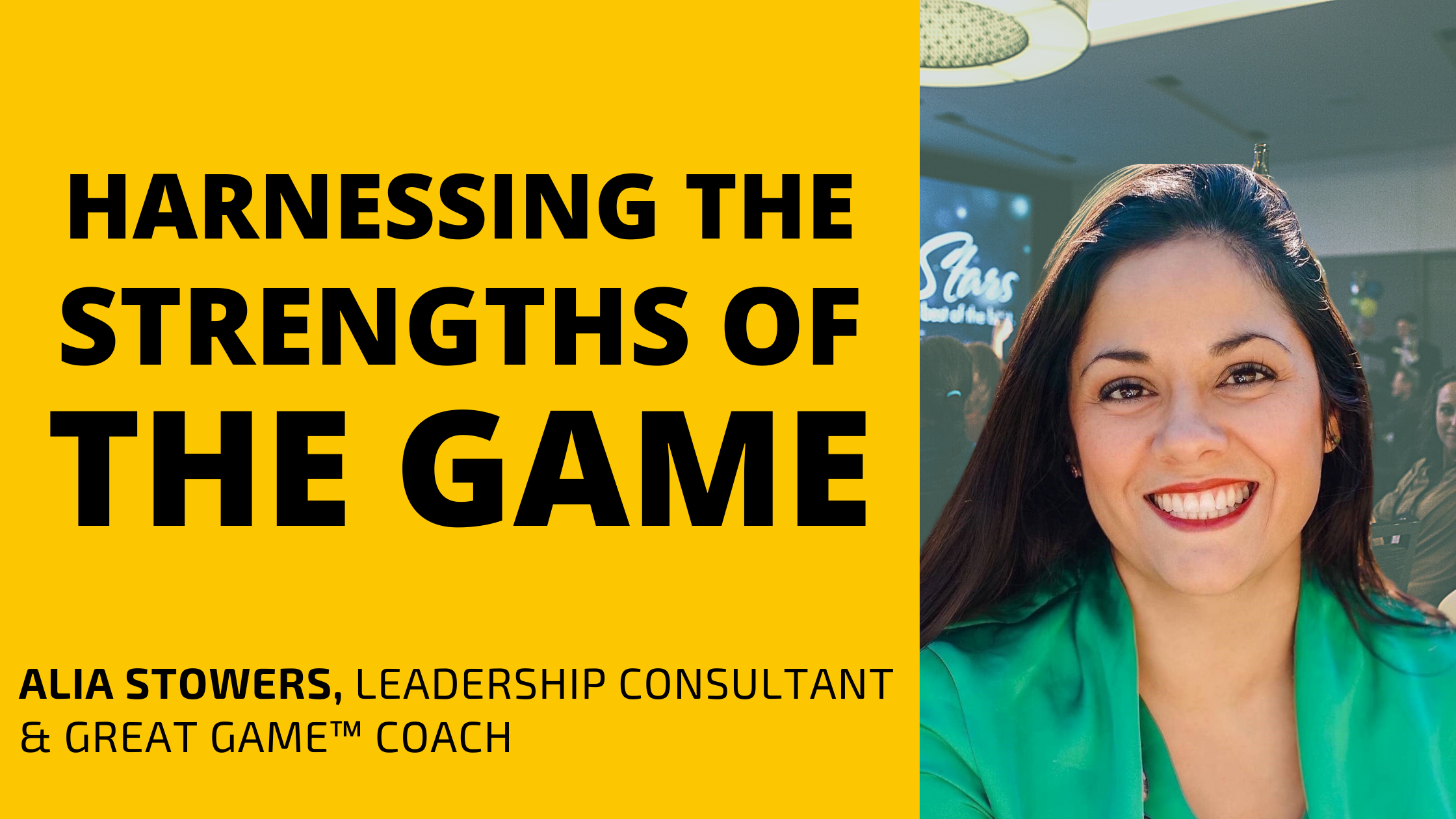
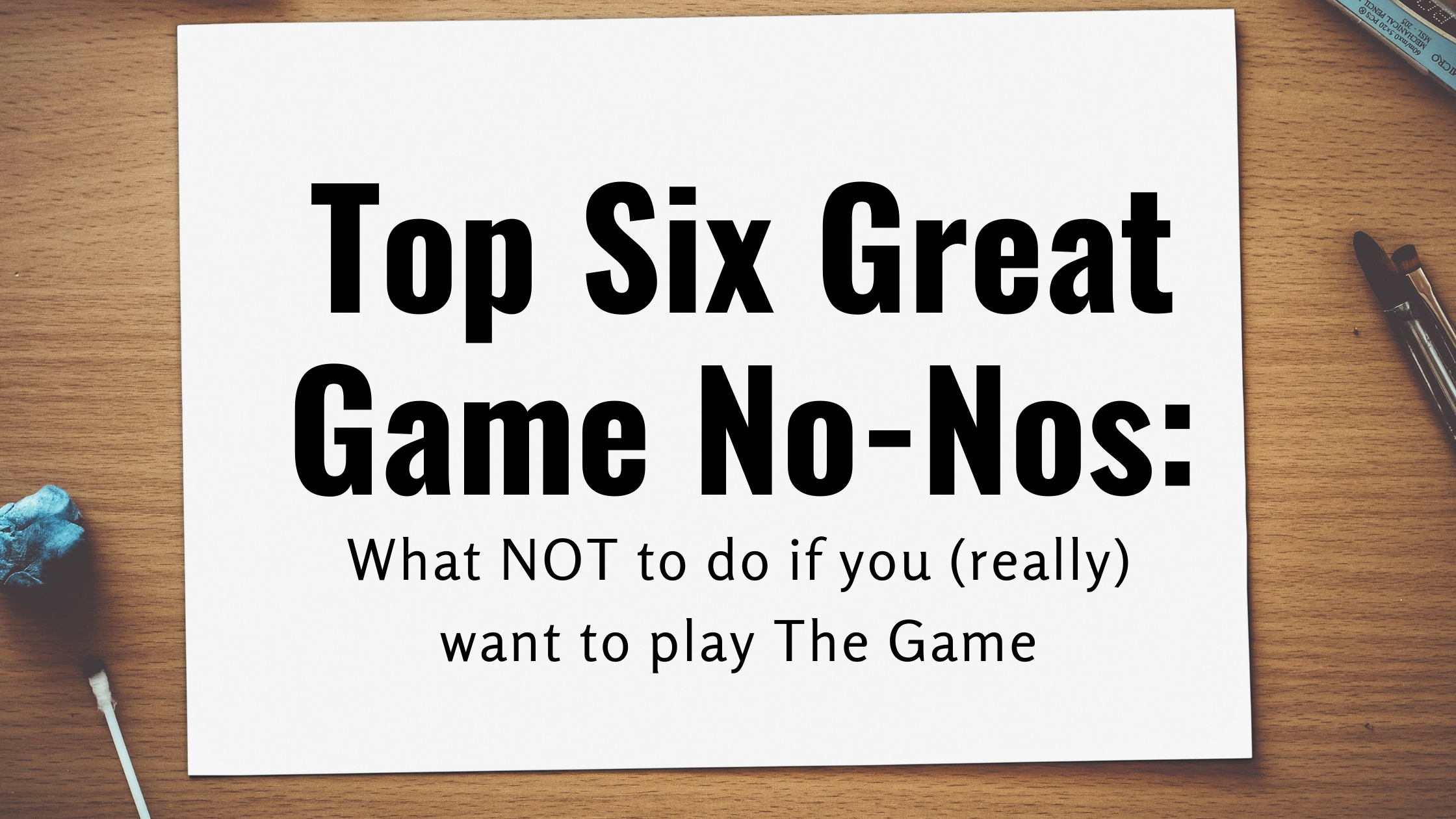

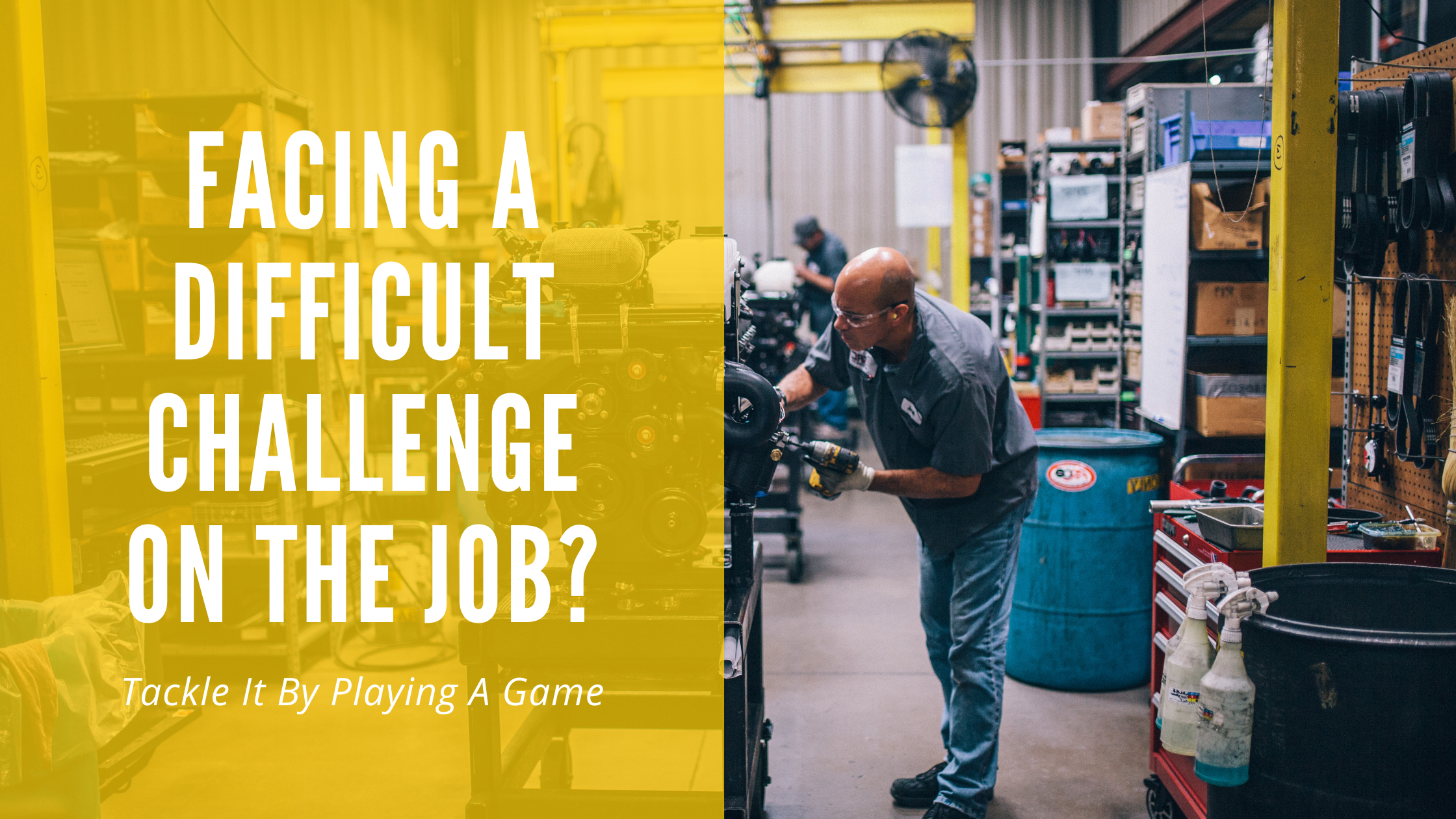
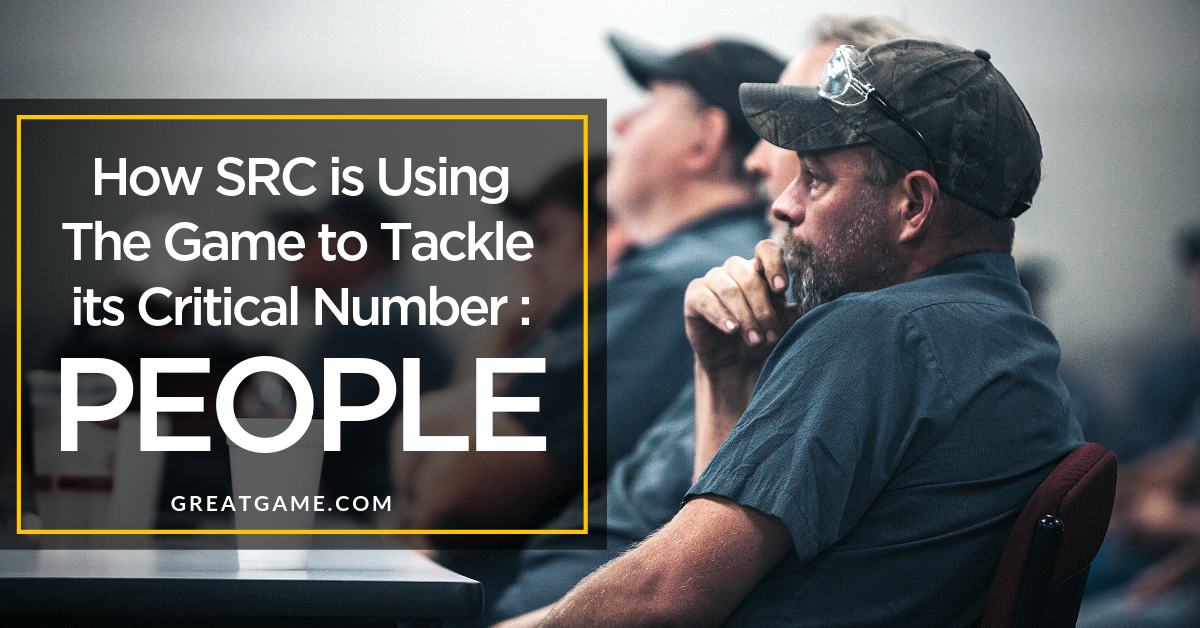




.png)




-5.png)
